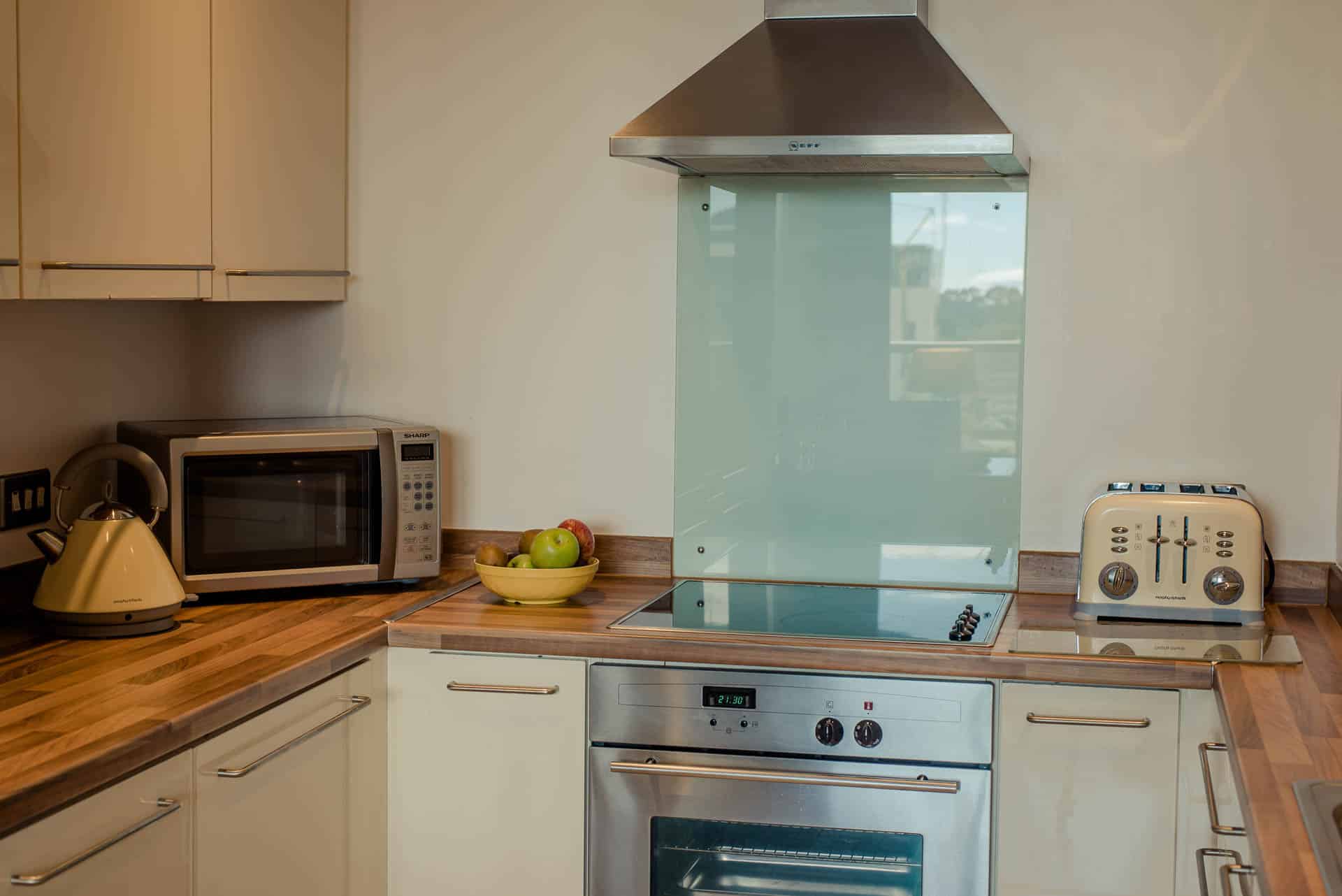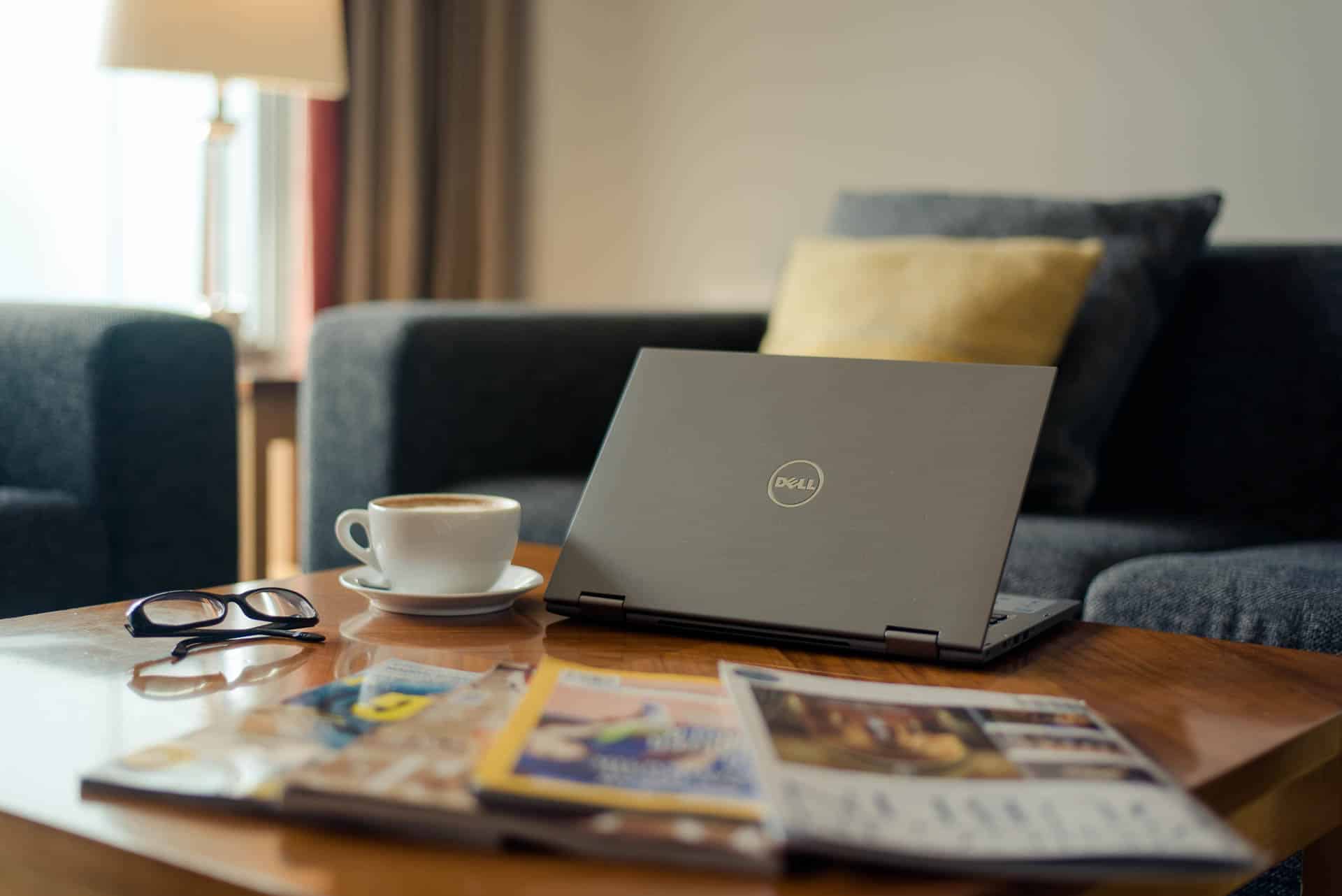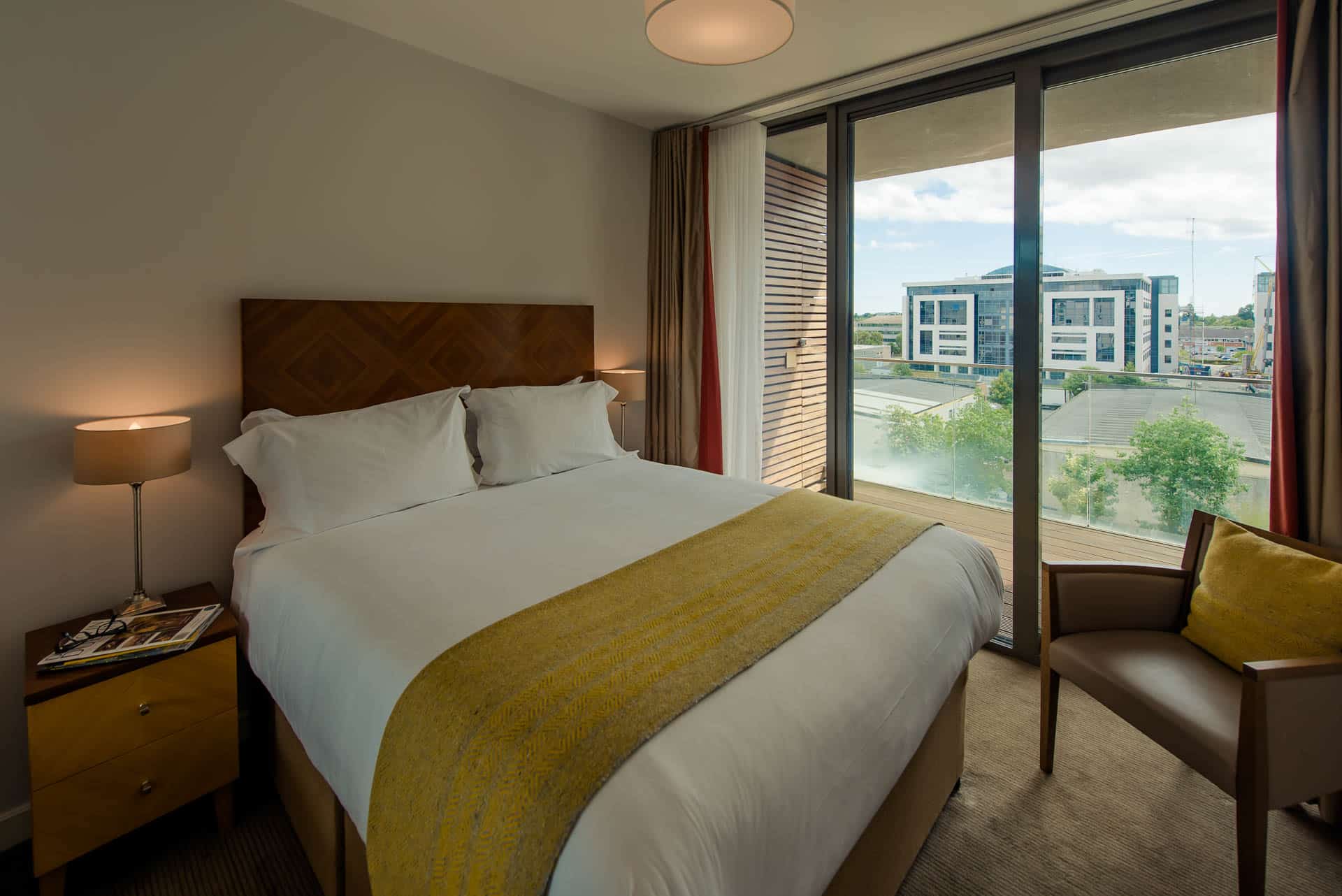Corporate Housing vs. Traditional Hotels: A Comprehensive Guide for Business Travellers
In this article, we will provide a side-by-side comparison between corporate housing and traditional hotels to help you make informed decisions about their lodging options.

Business travel has become an integral part of corporate life, with professionals frequently on the move to attend meetings, conferences, or projects. One of the key decisions business travellers face is choosing the right accommodation. Traditionally, hotels have been the go-to choice, but in recent years, corporate housing has emerged as a compelling alternative.
What is Corporate Housing?

Corporate housing, also known as serviced apartments or executive apartments, is a specialized accommodation option designed to cater to the needs of business travellers and individuals seeking temporary housing for extended periods. This type of furnished accommodation caters to travellers seeking long-term stays, typically for a month or more.
You won’t feel too far from home as corporate housing properties come with homey amenities. These include kitchen, separate bedroom/s, living and dining area, and a space bigger than most hotel rooms. While many corporate housing properties are located in residential areas, they’re often situated near business districts.
In this article, we will provide a side-by-side comparison between corporate housing and traditional hotels to help you make informed decisions about their lodging options.
1. Duration of stay
Corporate housing is typically geared towards longer stays, ranging from weeks to several months or even years. It is ideal for extended assignments, relocations, or temporary project work.
Traditional hotels on the other hand are generally better suited for short-term stays, ranging from a single night to a few weeks. They’re a better choice for tourists with brief itineraries or business travellers visiting for a quick conference
2. Space size, layout, and furnishings

Corporate housing providers love using the tagline “home away from home”. These units are designed to resemble fully furnished apartments, providing guests with a home-like atmosphere and more living space than hotel rooms. They come with a separate sleeping space, living area, dining space, and fully fitted kitchen, which can help lessen your dining expenses.
Traditional hotel rooms, on the other hand, are typically more compact and provide a limited living space. You may opt for hotel suites, which offer more room, but they come at a premium.
3. In-room amenities, on-site facilities, and services
 Aside from the aforementioned home comforts, corporate housing also has features that can make your remote work routine more manageable. This spacious serviced apartment in Sandyford, for instance, provides an ergonomic desk, high-speed Wi-Fi, and lots of coffee at hand. They also have services like luggage storage, grocery delivery, restaurant delivery, and laundry service for busy business travellers.
Aside from the aforementioned home comforts, corporate housing also has features that can make your remote work routine more manageable. This spacious serviced apartment in Sandyford, for instance, provides an ergonomic desk, high-speed Wi-Fi, and lots of coffee at hand. They also have services like luggage storage, grocery delivery, restaurant delivery, and laundry service for busy business travellers.
While hotels offer various amenities such as room service, fitness centers, and swimming pools, they may not provide the same level of self-sufficiency as corporate housing.
4. Privacy and security
Corporate housing units are designed to provide privacy and security, often with private entrances and a residential setting that fits business travel needs.
Hotels have a more public atmosphere, with shared common areas and frequently accessed hallways, which may be less private and secure, which is good if you’re just touring or visiting.
5. Flexibility

Corporate housing options often provide flexible lease terms, which allow you to adjust your stay duration to match your needs. This will greatly benefit you with the evolving schedules.
On the other hand, hotels are generally more accommodating for last-minute bookings and shorter, spontaneous trips.
6. Location

Corporate housing units can be found in a variety of locations, including city centers, suburbs, and business districts, providing flexibility in choosing a convenient location.
Hotels are aimed to be located in well-traveled tourist areas, central business districts, or near major transportation hubs.
7. Cost and pricing structure
Pricing for corporate housing tends to be more cost-effective for longer stays. Rates are often negotiable, with many providers offering discounts for extended bookings. Utilities, Wi-Fi, and other amenities are usually included in the rental price.
Traditional hotels typically charge nightly rates, which can add up significantly for extended stays while optionally paying for commodities such as in-room dining, Wi-Fi connections, and parking fees.
In a nutshell…
When it comes to corporate stays, both corporate housing and traditional hotels have their merits. The choice between them depends on individual preferences and the nature of your business trip.
Corporate housing is a tailored accommodation solution for business travelers who value cost-efficiency, desire more living space, and seek the comforts of home for longer stays.
In contrast, traditional hotels offer convenience, services, and flexibility for shorter stays but may come at a higher overall cost for extended trips.
Here are some additional things to consider when choosing between corporate housing and a traditional hotel:
-
Budget: Corporate housing can be more expensive than a traditional hotel room, but it can also be more affordable, depending on the length of stay and the location.
-
Needs: Consider what amenities and space you need. If you need a kitchen and laundry facilities, corporate housing may be a better choice. If you are happy to eat out and use the hotel laundry service, a traditional hotel may be a better option.
-
Preferences: Do you prefer to stay in a residential area or a commercial or tourist area? Corporate housing is often located in residential areas, while traditional hotels are typically located in commercial or tourist areas.
Carefully consider your needs and priorities to make the best choice for a comfortable and productive business travel experience and have a safe trip.
Author Bio: Carmina Natividad is a free-spirited writer who hates being locked up at home. She loves traveling, eating, taking food and streetscape photographs, and simply enjoying new experiences and writing about them. To know more about hotels and travel blogs, you may visit PREMIER SUITES Sandyford


